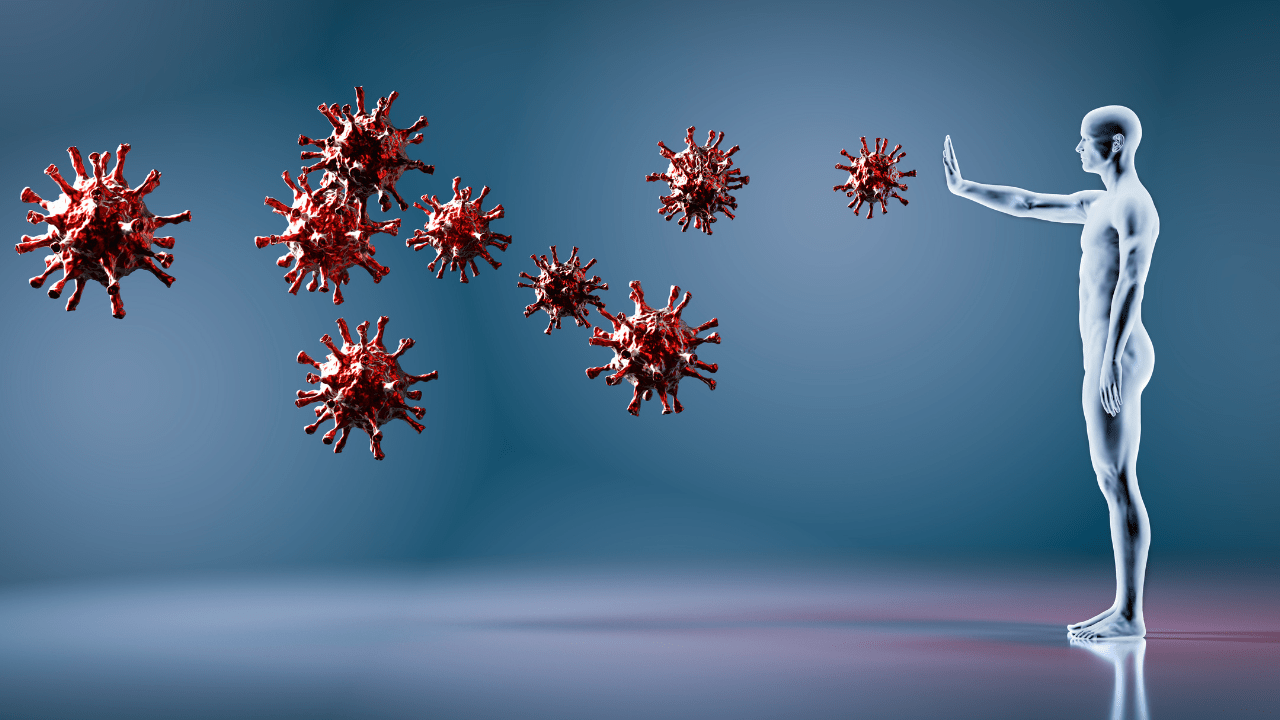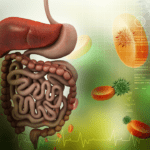
Everyone is aware of the obvious, but what about the less apparent aspects of poor gut health. Lets look at these surprising symptoms now !
Your gut is home to trillions of microorganisms, and the relationship between these microbes and your overall health has become a hot topic among scientists and the general public alike.
While symptoms like bloating, constipation, diarrhea, and abdominal pain are often associated with poor gut health, they aren’t the only signs to watch for.
Here are five surprising symptoms that might indicate an unhealthy gut, along with some tips on how to address them.
Unintentional Weight Gain
One of the most common surprising symptom of poor gut health is when your weight refuses to fall off. Unexpected weight gain might be linked to your gut microbiome. A study published in Cancer Epidemiology, Biomarkers & Prevention found that lower diversity in gut bacteria is associated with higher body mass index (BMI). A key point to understand is that some gut bacteria are more efficient at extracting calories from food, which can lead to weight gain even without changes in diet or exercise. Evidently,to promote a healthy gut microbiome, focus on a diet high in plant fibers from fruits, vegetables, legumes, and whole grains. This type of dietary pattern is associated with reduced weight gain and better gut health. Consuming a variety of plant based foods is at the heart of a happy microbiome which ultimately leads to good gut health.
Emotional fluctuations, worry, and low mood.
If you’ve ever had “butterflies in your stomach,” a “gut feeling” about something, or felt “sick to your stomach,” you’re likely familiar with the gut-brain connection. In fact, the gut is often referred to as the second brain, and for good reason. Research shows that gut microbes communicate with the nervous system, endocrine system, and immune system, influencing mood and just about everything.
Individuals diagnosed with anxiety and depression are thought to have abnormal intestinal function, and a handful of studies suggest that supplementation of prebiotics and specific probiotic strains may often improve symptoms. Having said that, the ability of a probiotic supplement to improve mood is likely dependent on the specific probiotic strains and formulation. Poor gut health is often the cause of mood fluctuations and anxiety. Whenever you feel emotionally drained, and you reach out for that sugar laden food item, it does more harm than you can imagine. That is why, in olden times, it was advised to not eat when one is angry and just have water.
Short of specific probiotic supplementation, adopting a diet rich in whole, plant-based foods, may promote a gut microbiome conducive to optimal mental health. According to a review published in Advances in Nutrition in July 2020, this type of dietary pattern promotes gut microbial diversity and reduces gut inflammation, benefiting mental health. Increasing dietary omega-3 fatty acids from micro-algae , flaxseeds, chia seeds, hemp seeds does have a positive effect on gut microbiome composition, and reduce risk for depression.
Skin Inflammation
Conditions such as rosacea, acne, hyperpigmentation, and psoriasis are common skin issues that are frequently treated based on fungal or bacterial disease protocols. However, new research is proving that poor gut health is more often than not at the heart of poor skin as well.
Eating foods high in saturated fat and refined sugar promotes an unhealthy balance of gut bacteria, leading to dysbiosis. (Dysbiosis is an imbalance in the microbial community within the gut, potentially leading to negative health effects.)This state of dysbiosis is associated with abnormal immune function, contributing to inflammatory skin conditions like eczema, psoriasis, acne, rosacea, and dandruff.
According to research published in the journal Microorganisms in February 2021,those with inflammatory skin conditions have different gut bacteria compared with those without these conditions. Those with rosacea also have a higher prevalence of gastrointestinal conditions, and an estimated 7 to 11 percent of inflammatory bowel disease (IBD) patients also have psoriasis, further validating the gut-skin connection.
Excessive sugar cravings
It’s no secret that sugar has addictive qualities. In fact, excessive sugar cravings may be partially caused by the types of microorganisms in your gut. According to a review published in the journal Bioessays, since our bodies are composed of a number of organisms competing for nutritional resources, cravings may be the result of an evolutionary conflict between the person and their own microbiota gut microbes may manipulate our eating behaviors to benefit their survival.
If you have a particularly stubborn sweet tooth, the best way to discourage sugar-loving gut microbes from taking over is to progressively decrease your intake of added sugars.
For example, replace sugar-sweetened beverages with herbal teas and water infused with citrus fruit. Instead of reaching for a candy bar, opt for dark chocolate and nuts. If you typically add sugar to oatmeal, tea, or coffee, instead try adding cinnamon, a naturally sweet flavoring agent.
Eating wholesome and seasonal fruits everyday as the first meal of the day takes care of the cravings and also is extremely beneficial for the gut.
It’s also good to read nutrition labels and ingredient lists to minimize consumption of unnecessary added sugars hiding in foods you wouldn’t expect, like pasta sauces, nut butters, condiments, and breads. Over time, these seemingly small adjustments will help restore balance to your gut microbiome.
Conclusion
By paying attention to these surprising symptoms, you can take proactive steps to improve your gut health and overall well-being. Remember, small dietary adjustments can make a big difference. The key lies in becoming aware of the symptoms and being open to trying a new and holistic approach to gut health. There has been so much dogma surrounding this topic that has caused more harm. Almost every other person has some form of gut condition. It is evident that we need to change our lifestyle and eating habits for a healthier gut.
Are you ready to take charge of your gut health?


 Previous Post
Previous Post Next Post
Next Post